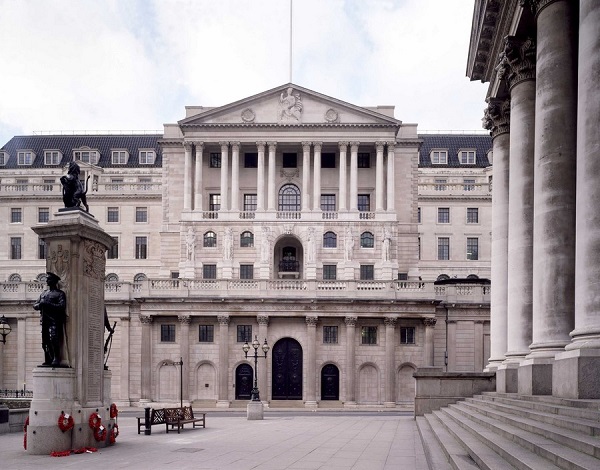The Bank of England (BoE) has raised interest rates from 4.25 percent to 4.5 percent – its highest level since October 2008.
This is the 12th time in a row that the central bank of the United Kingdom has hiked interest rates.
On Thursday, the bank’s monetary policy committee (MPC) voted by a majority of seven to two, to increase the base rate of interest by 0.25 percentage points to 4.5 percent.
The central bank said UK inflation is too high, at around 10 percent since summer 2022 but that it expected inflation to fall quickly this year to meet a 2 percent target by late 2024.
Advertisement
The BoE said one of the main causes of inflation is Russia’s invasion of Ukraine which had led to a big rise in the price of gas and food basics such as wheat.
“Our job is to make sure that inflation returns to our 2% target. To help inflation return to our 2% target, this month we have raised interest rates to 4.5%,” the BoE said in a statement.
“In total, we have raised our interest rate to 4.5% from 0.1% since December 2021.
Advertisement
“Higher interest rates make it more expensive for people to borrow money and encourage them to save. That means that, overall, they will tend to spend less. If people on the whole spend less on goods and services, prices will tend to rise more slowly. That lowers the rate of inflation.
“We know that means that many people will face higher borrowing costs. Around one in three households in the UK have a mortgage. But high inflation that lasts for a long time makes things worse for everyone.”
The BoE said it no longer expects the U.K. economy to enter recession this year.
The bank said that gross domestic product (GDP) would be 2.25 percentage points higher than expected over the next three years, compared with projections made in February.
Advertisement
Six months ago, the bank had forecasted that the UK would enter the most prolonged recession on record.
“There has been upside news to the near-term outlook for global activity, with UK-weighted world GDP now expected to grow at a moderate pace throughout the forecast period,” the BoE said.
“Risks remain but, absent a further shock, there is likely to be only a small impact on GDP from the tightening of credit conditions related to recent global banking sector developments.
“Headline inflation has been falling in the United States and euro area, although core inflation measures remain elevated.
Advertisement
“UK GDP is expected to be flat over the first half of this year, although underlying output, excluding the estimated impact of strikes and an extra bank holiday, is projected to grow modestly.
“Economic activity has been less weak than expected in February, and the Committee now judges that the path of demand is likely to be materially stronger than expected in the February Report, albeit still subdued by historical standards.”
Advertisement
Add a comment






